
Murray spent the final years of her life serving as an Episcopalian priest in Washington DC, having been ordained in January 1977 at the age of 66
When Pauli Murray attempted to enrol at the University of North Carolina in 1938, she was refused due to her race. She went on to study civil rights law at the historically black Howard University in Washington DC, committed to ending Jim Crow, the system of racial segregation in the US. Graduating top of her class, Murray then tried to enrol at Harvard and was again refused, this time due to her gender. Highlighting the plight of black women, she wrote: "What I'm experiencing is Jane Crow."
A crowd gathers to mark 25 years since the 1954 Supreme Court case Brown v Board of Education, which had declared segregation in US public schools to be unconstitutional
In the legal career that followed, Murray made enormous strides in the fight against racial and gender discrimination. In the early 1940s, she bet her Howard professor $10 that Jim Crow would be overturned in 25 years; the process began in a little over a decade, thanks in no small part to her arguments of the unconstitutionality of 'separate but equal' being utilised in the Supreme Court case Brown v Board of Education in 1954. Her book States' Laws on Race and Color (1950) was described as "the bible for civil rights lawyers".
Murray's interpretation of the 14th Amendment - not to "deny to any person... the equal protection of the laws" - then inspired another landmark Supreme Court case, in 1971, for women's rights. She fought publicly for equality, while fighting privately for her own identity in the face of what one biographer called a sense of "inbetweenness".
This story is from the {{IssueName}} edition of {{MagazineName}}.
Start your 7-day Magzter GOLD free trial to access thousands of curated premium stories, and 9,000+ magazines and newspapers.
Already a subscriber ? Sign In
This story is from the {{IssueName}} edition of {{MagazineName}}.
Start your 7-day Magzter GOLD free trial to access thousands of curated premium stories, and 9,000+ magazines and newspapers.
Already a subscriber? Sign In
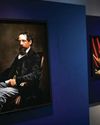
'Dickens's evocation of the fears, excitement and confusion of childhood is peerless'
DR LEE JACKSON ON WHY CHARLES DICKENS REMAINS RELEVANT TODAY
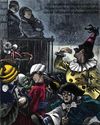
THE AUTHOR GOES ABROAD
Dickens expanded his horizons and boosted his fan-base by venturing overseas - but global fame came with a cost
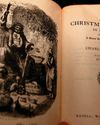
REVIVING THE FESTIVE SPIRIT
A Christmas Carol wasn't just a bestseller - it changed the way that Britons chose to mark the festive season
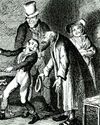
GIVING THE POOR A VOICE
From Hard Times to Oliver Twist, Charles Dickens used his pen to help illuminate the lives of the less fortunate
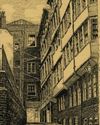
A JOURNEY THROUGH DICKENS'S LONDON
The works of Charles Dickens are synonymous with visions of Victorian London. We talk to Dr Lee Jackson about the author's love of the capital, and the locations that most inspired him
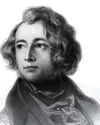
EXCEEDING EXPECTATIONS
Dr Lee Jackson chronicles Charles Dickens's journey from down-at-luck teenager to titan of Victorian literature
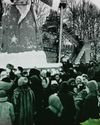
GIFTS, TREES & FEASTING
We take a journey through the photo archives to reveal how Christmas and its many traditions have been celebrated over the years - and around the world
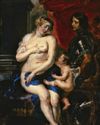
WHAT GREAT PAINTINGS SAY
We explore the story behind an allegorical painting that celebrates the triumph of love over hate, peace over war
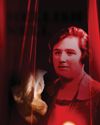
HELLISH NELL
Malcolm Gaskill delves into the life of Helen Duncan - the fraudulent Scottish medium whose ectoplasm-filled seances saw her ending up on the wrong side of the law
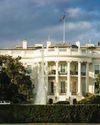
7 THINGS YOU (PROBABLY) DIDN'T KNOW ABOUT THE WHITE HOUSE
Presidential historian Dr Lindsay M Chervinsky reveals some of the most surprising facts about the world-famous US residence